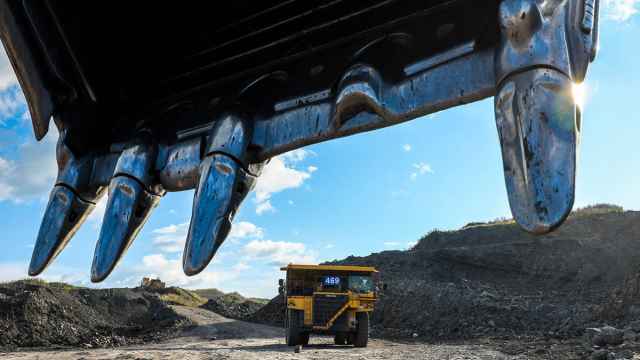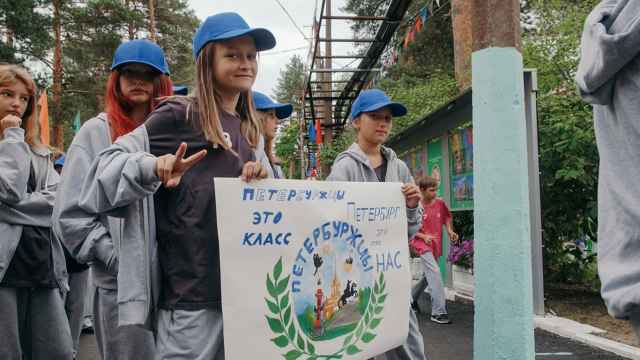The MT Conferences section did not involve the reporting or the editorial staff of The Moscow Times.

Natalia Stenina
Head of Real Estate and Construction Practice, PhD
Pepeliaev Group
On Dec. 29, 2014, Russian lawmakers finally approved changes to production and consumer waste legislation that had been under discussion since 2011. One of the intentions behind the amendments is to adopt Western approaches to making producers responsible for waste management, including for recovering packaging (Federal Law No. 458-FZ, dated Dec. 29, 2014, "On amending the Law 'On production and consumer waste,' and certain legislative acts of the Russian Federation, and repealing certain legislative acts (provisions of legislative acts) of the Russian Federation" (the "law"). Most of the new law's provisions came into effect on Jan. 1, 2015.
First and foremost, the law provides that producers and importers will be responsible for waste resulting from their products. They must therefore ensure that waste is recovered in line with standards that the Russian Government will subsequently enact, though the Government has not yet drawn up and adopted the applicable list of goods and items falling under the new regulation.
Producers/importers may take steps independently, by using their own waste recovery facilities and infrastructure, to eliminate waste that has been produced. Alternatively, they may contract a waste management operator for the same purpose. The entities in question will have to report annually on the degree to which they have met the waste recovery targets set for them.
For those unable to procure their waste as outlined above, the obligation to pay the so-called "environmental toll" will apply (this, in effect, is another tax or duty). It is presumed the new duty will be distributed through the state budgetary system to constituent entities across Russia with the aim of improving the local waste management situation. One way in which they will do so is by paying local waste management operating companies to process waste and build new infrastructure. The environmental toll will be based on the average aggregate costs of collecting, transporting, processing and eliminating each unusable item.
While the Government is yet to decide on the exact level of the new toll, experts and business representatives continue to argue whether it is a realistic option for a manufacturer/importer to deal with its waste independently. On many previous occasions, the business community has pointed out the hard reality is that no waste management infrastructure is in place in Russia and therefore paying an environmental toll, whatever this turns out to be, is an alternative in theory only.
The law further envisages the creation of a unified state waste record keeping system. Such a unified information system will summarize information about waste and waste management infrastructure, and will be publicly available. Each entity involved in the waste management sector will have a responsibility to report to the system.
Admittedly, the new regulation will inevitably lead to increased duties payable to the state for businesses that are already struggling to survive in Russia's new economic environment. For now, it is unclear whether or not this burden will be easy to bear.
The MT Conferences section did not involve the reporting or the editorial staff of The Moscow Times.
A Message from The Moscow Times:
Dear readers,
We are facing unprecedented challenges. Russia's Prosecutor General's Office has designated The Moscow Times as an "undesirable" organization, criminalizing our work and putting our staff at risk of prosecution. This follows our earlier unjust labeling as a "foreign agent."
These actions are direct attempts to silence independent journalism in Russia. The authorities claim our work "discredits the decisions of the Russian leadership." We see things differently: we strive to provide accurate, unbiased reporting on Russia.
We, the journalists of The Moscow Times, refuse to be silenced. But to continue our work, we need your help.
Your support, no matter how small, makes a world of difference. If you can, please support us monthly starting from just $2. It's quick to set up, and every contribution makes a significant impact.
By supporting The Moscow Times, you're defending open, independent journalism in the face of repression. Thank you for standing with us.
Remind me later.





